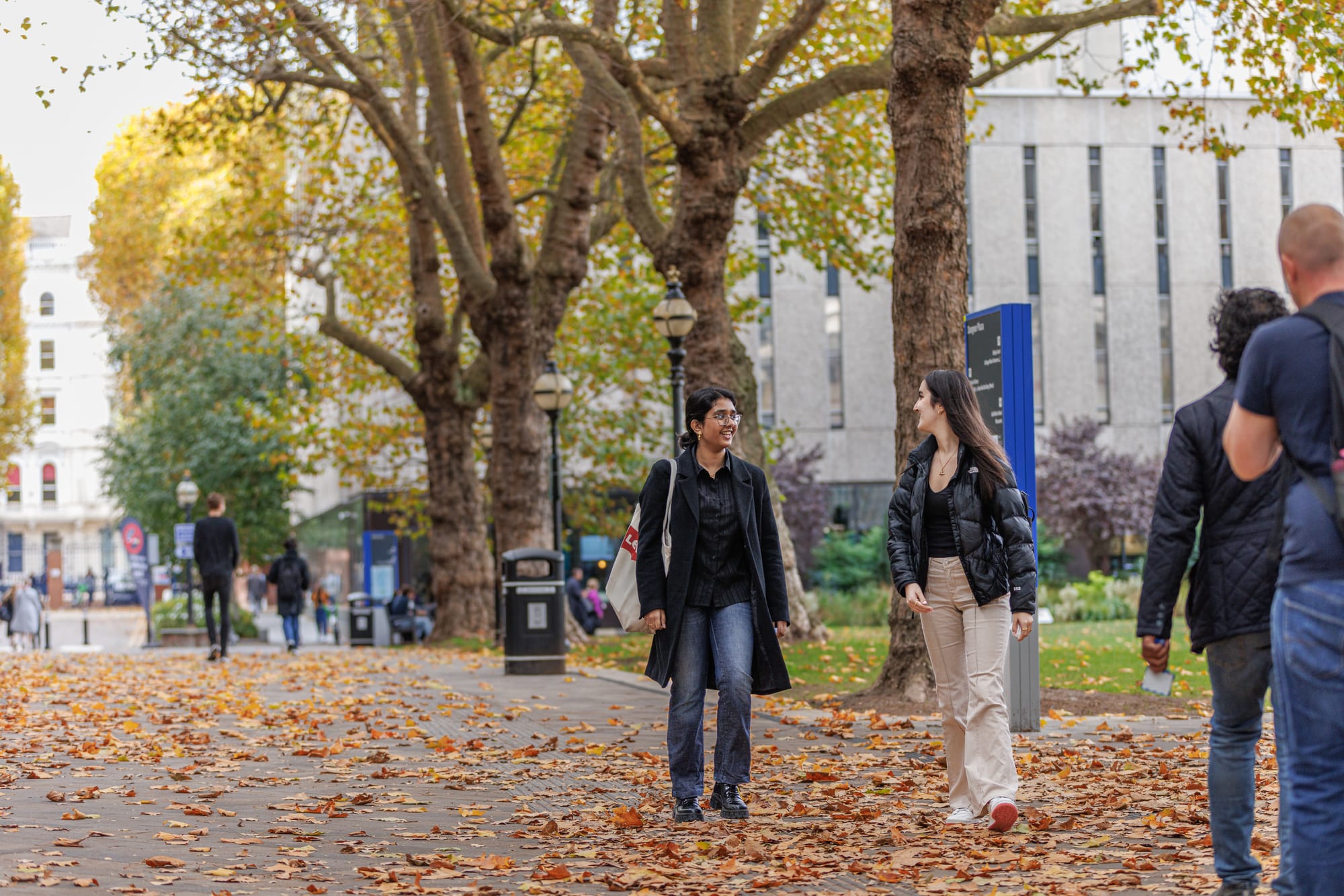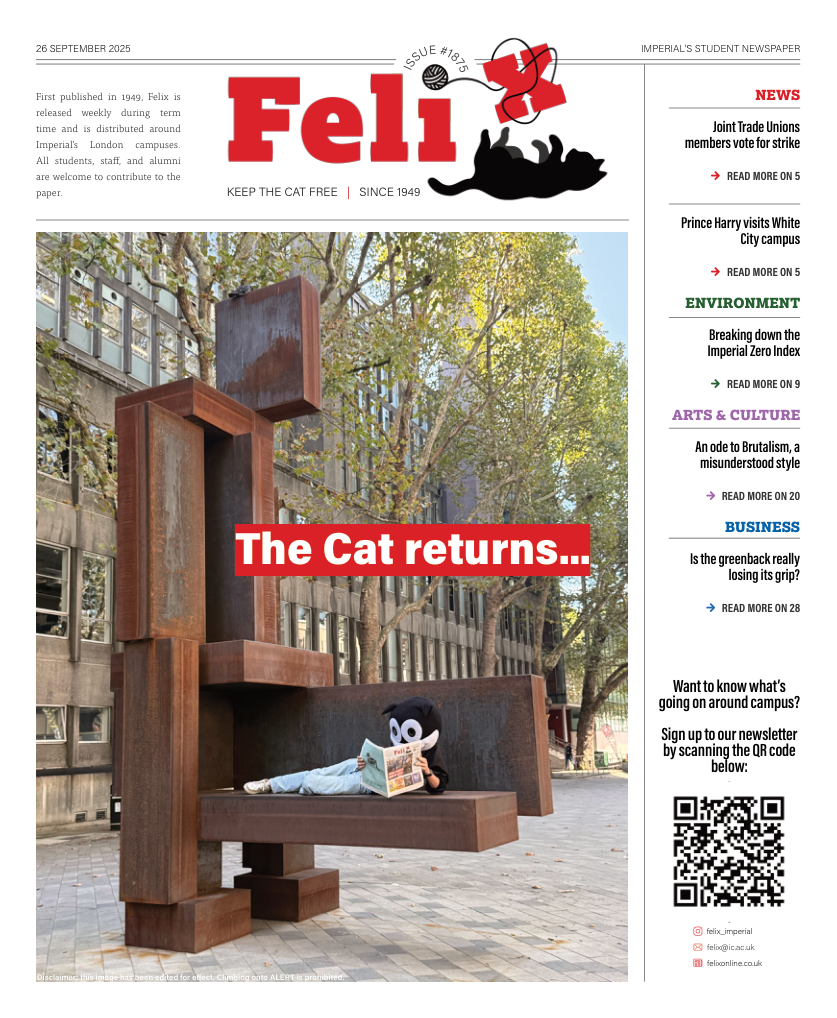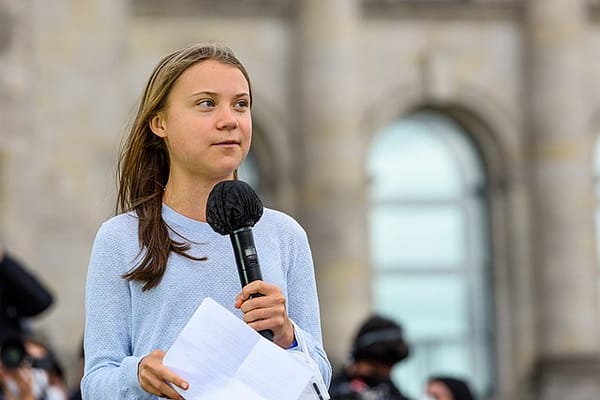What did you do this summer?
The question that distorts the way we think about our summer holidays.
The autumn leaves are beginning to carpet the ground, and with them, my final summer before graduation recedes quietly into memory. As I make my return to campus, I look forward to the company of old friends and their new stories. Yet, I also brace myself for the inevitable refrain that echoes through nearly every reunion: “What did you do this summer?”
It is a deceptively simple question, but one that, I think, betrays more about who we are than what we did. The truth is, I have already prepared my response and anticipate that each reply I hear will be adorned with mention of a prestigious internship sandwiched between budget flights across Europe or a brief sojourn volunteering in some distant corner of the globe. This is hardly a new script.

What interests me, however, is not the answers themselves, but the reason we feel compelled to script them this way. When did we start measuring the summer season by productivity, and why do we define it by what we have done?
Well, part of the answer lies in how internships have folded into the story of employability. For much of the twentieth century, they were optional experiences, taking the form of apprenticeships or co-op schemes tied to specific professions. It was only in the 1980s, amid a shifting and globalised economy, that they were absorbed into the broader employability agenda.
Today, they are widely regarded as essential stepping stones for any graduate seeking a foothold in an increasingly competitive labour market, and our society has only reinforced the weight they carry. Universities have begun embedding internships into their curricula, employers now expect them, and algorithms privilege them.
Internships are therefore no longer simply one way to spend a summer. They have become a form of social currency, representative of seriousness, ambition, and competitive edge. Social media only amplifies this effect, reminding us that everyone else prioritises and partakes in these experiences.
When we reunite in October, we are not merely catching up; we are measuring ourselves against a curated feed of everyone else’s productivity. It is little wonder, then, that the question “What did you do this summer?” can feel more like an interrogation than an invitation. And while this cost may seem minor, it risks narrowing our sense of what a summer holiday can truly represent.
So how might we address this? Mostly, it comes down to how we frame our conversations.
Internships currently remain valuable for our personal and professional growth, and I do not suggest abandoning them, nor denying their utility. Instead, we should move the focus of post-summer catch-ups from our tangible accomplishments to the subtler revelations of the season. The answer might still include an internship, but it could also reflect what was learned along the way. Did you discover a new perspective, a hidden skill, or a moment of clarity? Perhaps it was patience, curiosity, or the joy of being present.
By shifting the focus of our summer holidays from a ledger of achievements to the quieter growth that accompanies them, we might reclaim the season as a time not solely for productivity and internships, but also for reflection, creativity, and humanity.
So, the next time the familiar October question arises – and it will – resist the impulse to recite the latest addition to your CV. Try sharing the truths the season offered you. You might be surprised how much more interesting that answer turns out to be.








